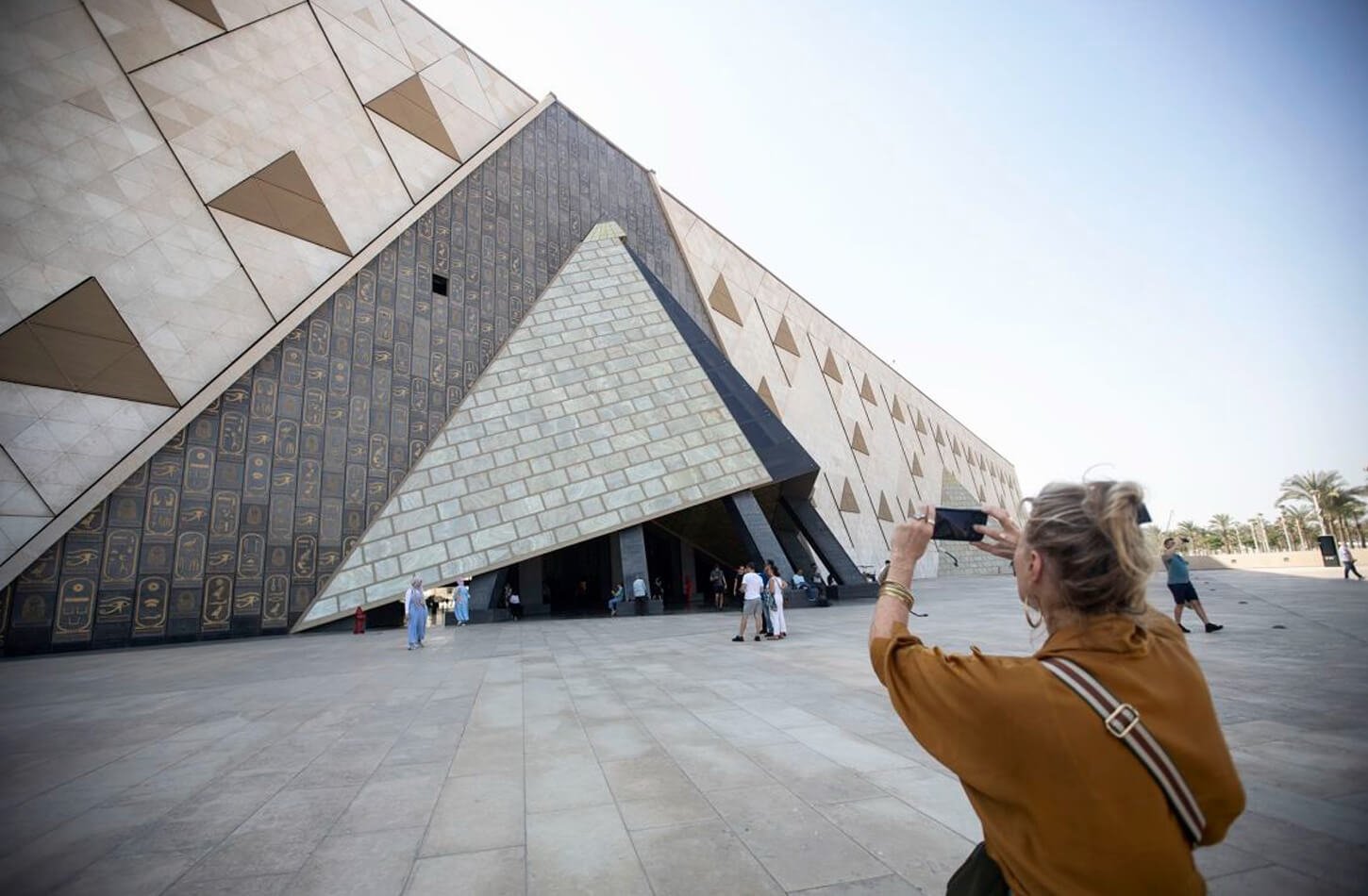
Imagine being in Cairo’s markets, where spices and talks fill the air. A vendor might offer you mint tea. Accepting or saying no shows respect for Egypt’s customs.
On my first visit, I wondered about tipping taxi drivers and greeting elders. These questions helped me connect with the culture.
Learning about Egyptian customs is more than following rules. It’s about showing respect to people living on very little. A $3 tip for a guide or 10% in a restaurant can help a lot.
This guide is based on my experiences and tips. It covers everything from bargaining in markets to following dress codes.
I’m your guide to Egypt. Let’s learn how saying “shukran” or covering your shoulders can make friends. Egyptian hospitality is a highlight for 75% of visitors. Are you ready to experience it?
My first days in Egypt showed me how much Cultural Etiquette and Customs in Egypt matter. People here value family a lot, and even strangers smile at you. They believe this brings good luck.
This kindness goes deep. It shows a society where being hospitable is very important. Families are key, and elders are respected for their wisdom.
Egyptians put group harmony first, even over personal needs. They follow religious rules, like prayer times, in their daily lives. For example, leaving a little food on your plate shows thanks.

Using your right hand for giving or shaking hands is also important. These Egyptian social norms make Egypt a safe place. Over 84 million people live here, keeping traditions alive.
Learning about these customs is more than just following rules. It’s about connecting with the culture. Saying “Salam Alaikum” or drinking mint tea shows you respect and trust. It opens doors to a side of Egypt beyond pyramids and markets.
Walking through Cairo’s bustling Khan el-Khalili market, I was struck by how a simple “Ahlan wa sahlan!” (“You’re welcome here!”) broke barriers instantly. Mastering Cultural greetings in Egypt isn’t just polite—it’s your passport to genuine connections. Start with the universal “As-salamu alaykum,” met with the expected “Wa alaykum as-salam.” Locals appreciate hearing even broken Arabic, so practice “Ezayak?” (to men) or “Ezayik?” (to women) to ask, “How are you?”
Physical gestures matter too. Light handshakes are standard, often paired with a heart-directed palm—a sign of sincerity. Keep eye contact steady; it shows honesty here. But remember: Egyptians value personal space. Stand an arm’s length apart, and never point with your foot—shoes are considered unclean, so keep them pointed away from others.
Egyptian social norms shape interactions subtly. If you’re male, wait for a woman to offer her hand first. Women travelers should mirror this caution. Friends of the same gender might kiss cheeks twice or thrice, depending on the region. Public displays of affection between genders are rare, so opt for respectful distance unless invited closer.
These small details transform strangers into hosts. My first attempt to reply “Shukran!” (thank you) earned me an unexpected invitation for mint tea. Small phrases, and mindful gestures—they’re your ticket to a warmer welcome than any map could provide.
I remember standing at a Cairo mosque, trying to tie a borrowed scarf. Tourists around me whispered in Arabic. My tank top and shorts made my visit awkward, teaching me about Cultural Etiquette and Customs in Egypt. When visiting ancient temples or markets, dressing right is important. It helps you fit in and respect Traditional practices in Egypt. Here’s how to do it:
At mosques or monasteries, modesty is key. Women should cover their shoulders, knees, and chests, even in hot weather. Carry a lightweight scarf or shawl to wear at entrances. Many places offer free scarves, but sizes may vary.
Men wear linen pants instead of shorts. Choose knee-length swimwear when leaving resort beaches. Even though it’s hot, locals prefer covered shoulders at places like Luxor temples or Islamic landmarks.
In cities like Cairo’s Khan el-Khalili bazaar, dress conservatively. Women should wear long dresses or palazzo pants. Men, avoid sleeveless shirts. But in beach resorts like Sharm El-Sheikh, shorts are okay—just for the sand.
Bring a flowy tunic to wear over swimsuits for lunch. At places like Abu Simbel or the Valley of the Kings, wear breathable cotton or linen. It keeps you cool and shows respect.
Choose practicality and respect. A sunhat and UV-protective scarf can cover your head for mosques and protect you from the sun. Wear a light shawl for desert evenings, where it can get chilly. If you’re unsure, watch how locals dress. Egyptian women often wear hijabs with jeans, mixing tradition and comfort. Your clothes show respect and keep you cool in Egypt’s hot sun and rich culture.
Stepping into Cairo’s Sultan Hassan Mosque, I felt the centuries in every stone. Understanding Egyptian customs means respecting these places as living worship spaces. Most Egyptians, over 90%, follow Islam, with 10% being Coptic Christians. Both traditions deeply influence daily life.
Remember to remove your shoes at the door. Wear modest clothing, covering shoulders and knees, even in hot weather. Inside mosques, be mindful of where you point your feet during prayer. Whisper questions and ask before taking photos, as some areas are off-limits.
At Coptic churches like St. Mark’s Cathedral, stand respectfully at the back. Never touch ancient icons unless a priest invites you. The air is filled with incense and devotion—show your respect.
During Ramadan, Cultural Etiquette and Customs in Egypt require extra care. Avoid eating in public between sunrise and sunset. Festivals like Coptic Christmas offer a glimpse into faith, but keep voices down in holy areas. Even at ancient Luxor temples, remember their sacred roots.
As a traveler, small gestures are key. A smile, covered shoulders, or quiet steps can lead to meaningful conversations. These places are not just history—they are where Egyptians find peace. Your respect can turn visits into shared moments of connection.
Imagine sharing a tagine of tender lamb and fluffy rice with a family in Luxor. The room is filled with laughter and the sound of aysh (Egyptian bread) clinking. Dining here is a journey of senses, filled with Traditional practices in Egypt that show hospitality and respect. Let me show you how to make every meal unforgettable.
Always eat with your right hand—it’s a cultural rule. The left hand is for personal hygiene. If you’re left-handed, try to use your right hand. Say “Sahtain!” (health and wellness) before eating, and “Daima” (may it stay forever) when you’re done.
Refusing food the first time is a sign of respect. Say no politely, then accept when asked again. This shows humility. Take small portions but ask for seconds if you want more. Leaving a bit of food means you’re satisfied.
Alcohol isn’t common in Dining etiquette in Egypt. Most restaurants don’t serve it, and locals rarely drink with meals. Pork is not allowed, so don’t offer it as a gift. Giving chocolates or pastries to the hostess is a nice gesture.
Be mindful of where you sit. The oldest male gets the honored spot, and women may eat separately in some homes. In restaurants, tip 10-15% even if it says “service charge” on the bill.
Every meal is a story waiting to be told. By following these customs, you’ll enjoy more than just food—you’ll experience Egypt’s soul.
My first trip to the Nile Delta was a learning experience. Giving a friendly “thumbs up” in a village market made things awkward. Egyptian social norms focus a lot on body language. So, here are some etiquette tips for visiting Egypt to help you:
First, avoid pointing fingers at people or things. Use your whole hand to show directions. Keep your left hand hidden—it’s for private tasks, so passing items or gesturing with it could offend. And never show the soles of your shoes; tuck your feet under the chair when sitting to respect local customs.
Be mindful of your hands: a raised palm with fingers extended means “go away” in Egyptian culture—not the friendly signal you’d think. The “thumbs up” might get confused looks in rural areas, so stick to simple nods or a slight wave. Public affection, even holding hands, is best saved for private moments. Locals value modesty, so save hugs and kisses for close friends.
Conversation has its own rhythm too. Egyptians often stand closer than you might expect—leaning in shows engagement, not disrespect. Keep your right hand free for handshakes (common between same genders) and passing items. And if you spill salt or accidentally add it to a dish? That’s a no-no—locals see it as a bad omen.
These tips aren’t just rules—they’re keys to connecting authentically. By mirroring local gestures thoughtfully, you’ll build trust and enjoy deeper cultural moments, from bustling souks to family meals. After all, respect in motion is respect in action!
Gifts in Egypt are more than just presents. They connect people and build friendships. My first lesson was when a shopkeeper gave me a small brass coffee pot. It was a sign of friendship, not just a souvenir. Understanding Egyptian customs about gifts means always giving with your right hand or both hands. Never use your left hand, as it’s for dirty tasks.
When you receive a gift, wait to open it. Egyptians see unwrapping gifts right away as showing greed.
What should you bring as a gift? Homemade sweets, chocolates, or fresh fruit baskets are great choices. But avoid flowers, as they’re associated with funerals and weddings. If you’re invited to someone’s home, bring a small gift. Remember, 90% of Egyptians are Sunni Muslims, so gifts should be respectful.
Don’t over-praise someone’s home or things. It might make things awkward. If someone offers you something, say no a few times before accepting. This keeps things friendly. When you leave, a thank-you note or small gift shows Egypt cultural traditions of giving back. It’s like a dance, full of respect and kindness.
Exploring rural Upper Egypt with a female friend showed me how social norms shape life. Cairo is modern, but traditional values still rule, affecting gender interactions. Knowing these rules helps you respect and be curious during your visit.
For men, only shake hands with women if they extend their hand first. Modesty is key, so don’t stare or talk too long with strangers. Wearing a wedding ring can help you connect with locals.
Public affection is best kept private. Egyptians value emotional expressions but dislike public displays of love from unmarried couples. In public places, keep conversations brief and respectful.

In business, use titles like “Mr.” or “Ms.” until told to do differently. Negotiations can be slow, so be patient. Listening and mirroring locals’ pace helps build trust.
Women might get stared at in rural areas, but dressing modestly helps. Covering shoulders and knees shows respect for local customs. Laughing and joking with locals can help you connect.
Eye contact is important: firm with men, softer with women. A nod or raised hand shows thanks without being too forward. If unsure, just watch how people interact. This way, you can learn and connect with the locals.
Ever watched a Traditional practices in Egypt bargaining showdown in Khan el-Khalili? It’s a dance of smiles and numbers where patience wins. Start by smiling and saying “maasha’Allah” (how beautiful) when admiring a rug—vendors love compliments before prices come up. My first attempt? I paid 3x the local price! Now I know to counter with 40% of their ask and walk away… then return later. The key? Treat it as a game, not a fight—Egyptians value relationships over quick deals.
Business meetings? Always arrive 10-15 minutes late—arriving early feels rude here. Etiquette tips for visiting Egypt include bringing a small gift like dates or mint tea. Shake hands firmly with men, but women may opt for a nod. Hand over business cards with both hands—Arabic side up matters! Meetings open with family talk: “How’s your family?” isn’t small talk—it’s essential. Keep ties loose and ears open—90% of decisions come from bosses, so don’t pressure juniors.
Prayer calls at noon? Respect quiet times—5 daily breaks halt everything. Dress sharp: men in navy suits, women in knee-length skirts. If negotiations stall, suggest coffee. Persistence shows sincerity, but never raise your voice. Remember 80% of deals here rely on trust, not spreadsheets. When closing, expect slow pacing—haste signals disrespect. And always tip 10% at restaurants—those LE5 notes add up to big smiles.
Walking along the Nile at dusk, I remembered my first “Ahlan wa Sahlan” (“Welcome”) in Arabic. It broke down barriers with a vendor in Luxor. Egypt’s culture is everywhere, from the clinking of teacups in a qahwa shop to the lively Zaffa dance at weddings.
By following etiquette tips, you’ll find a culture where 90% of locals practice Islamic customs. Also, 70% value respectful gestures like removing shoes indoors.
Start small: Learn to say shukran (thank you) or join a communal Iftar during Ramadan. When 85% of Muslims fast, it’s a special time. Dress modestly, like wearing a galabeya in rural areas or loose clothes in cities.
At markets like Khan El Khalili, haggle with a smile and tip 10-15% for baksheesh. Avoid public displays of affection, as 70% of Egyptians see them as private.
Engage deeply: Attend a Sham El-Nessim picnic or enjoy Koshari while chatting with locals. Egyptians mix modern and ancient practices, from teens in Cairo to Nubian artisans in Aswan. Even small efforts, like eating with your right hand or declining a drink with la shukran, build trust.
Remember: 75% of social gatherings are about shared meals, so accept invitations. Your openness to traditions like the Eye of Horus talisman or henna ceremonies will spark stories. By respecting traditions, you’ll return home with more than photos—you’ll carry the warmth of a culture that’s shaped human history for millennia. Travel lightly, listen deeply, and let Egypt’s spirit shape your journey.
Read more related articles:
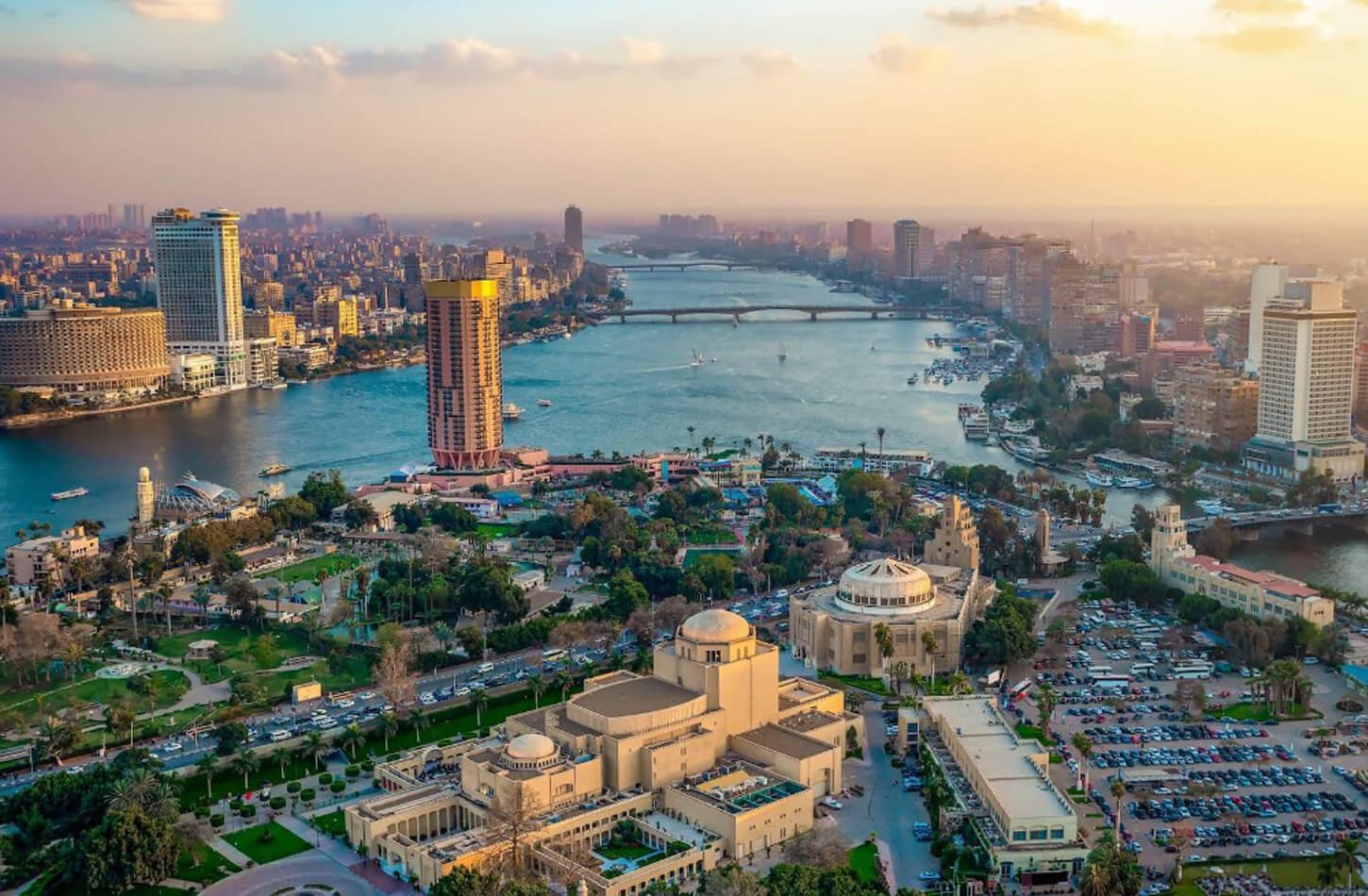
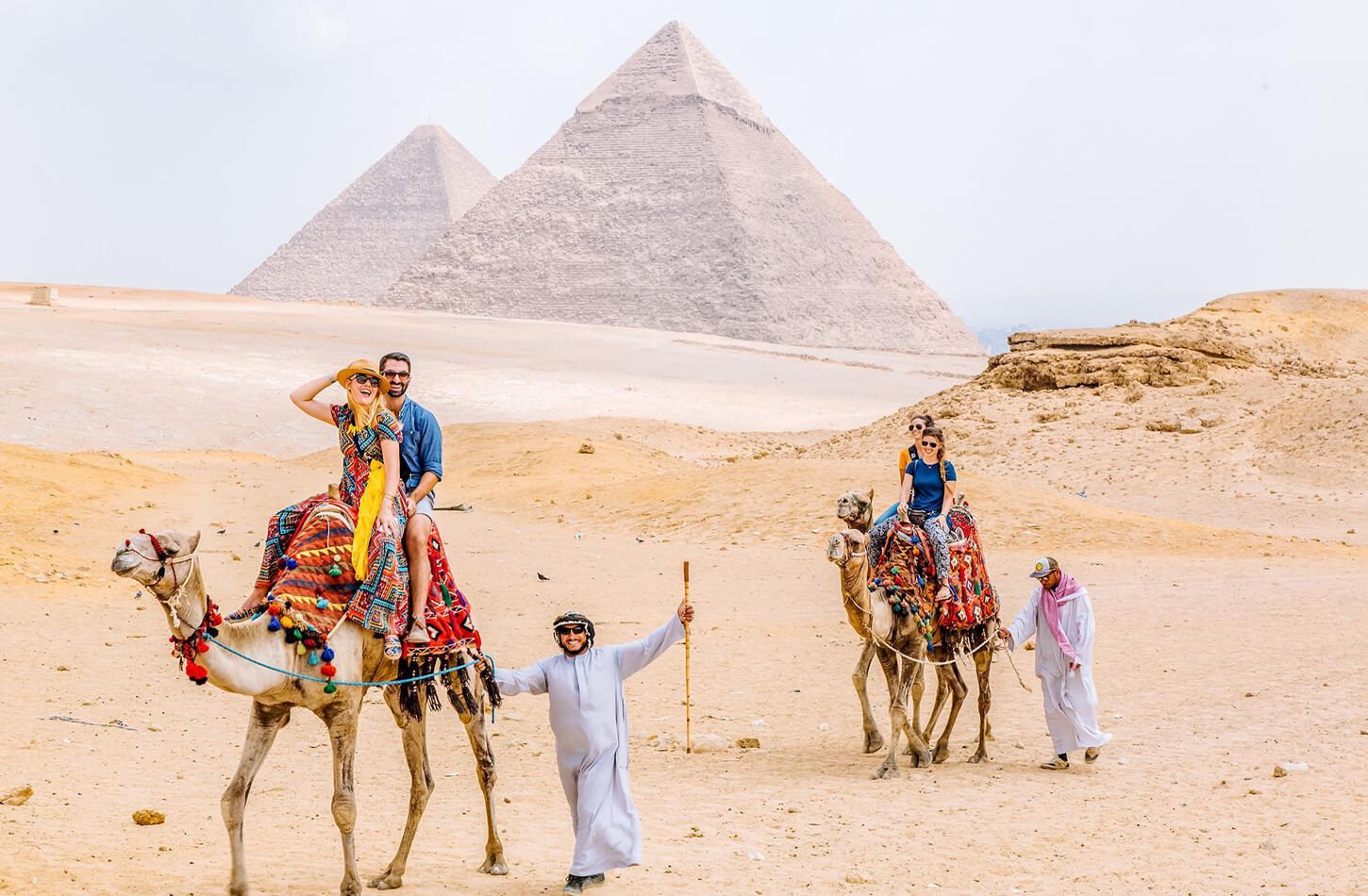
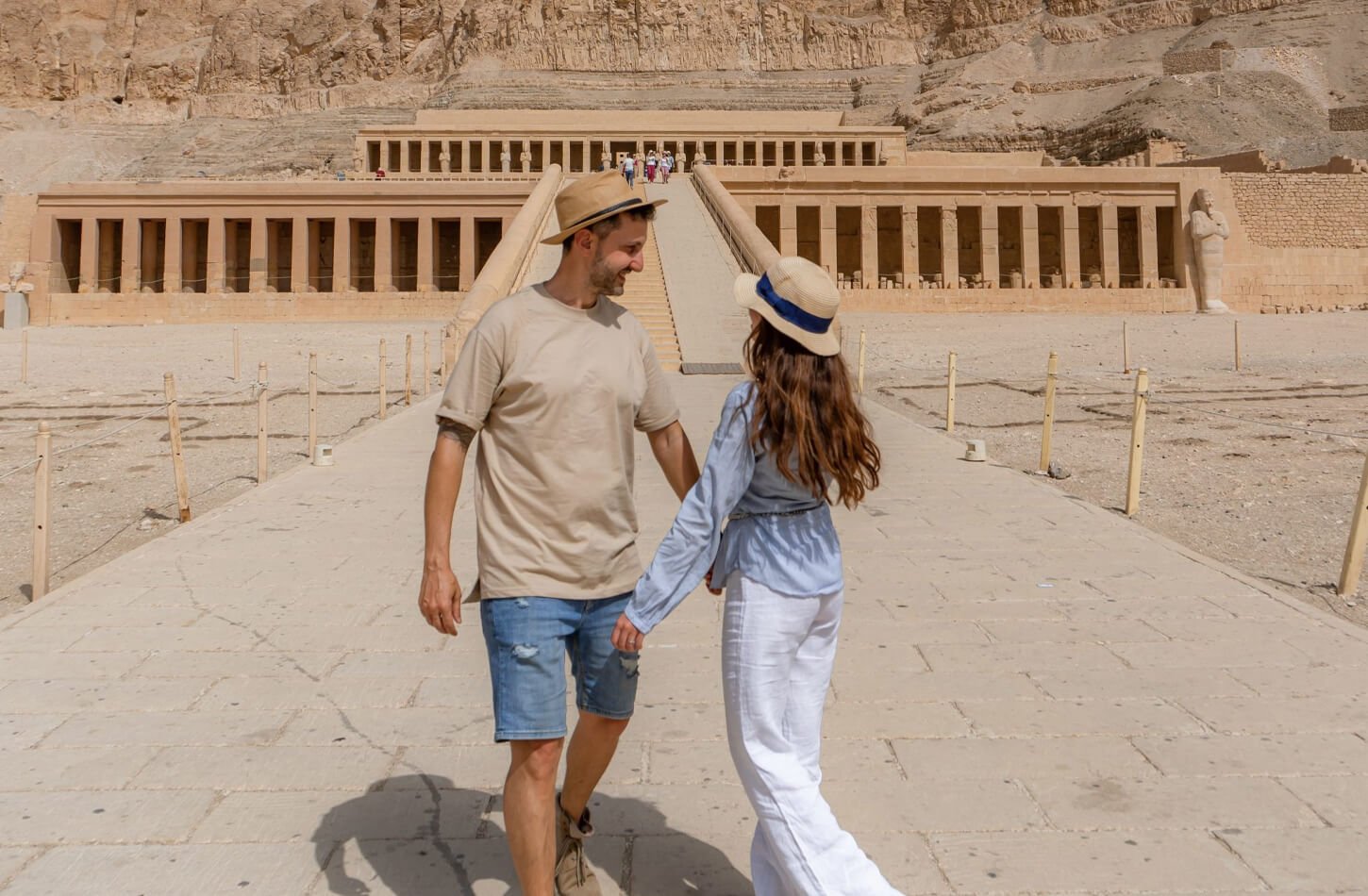
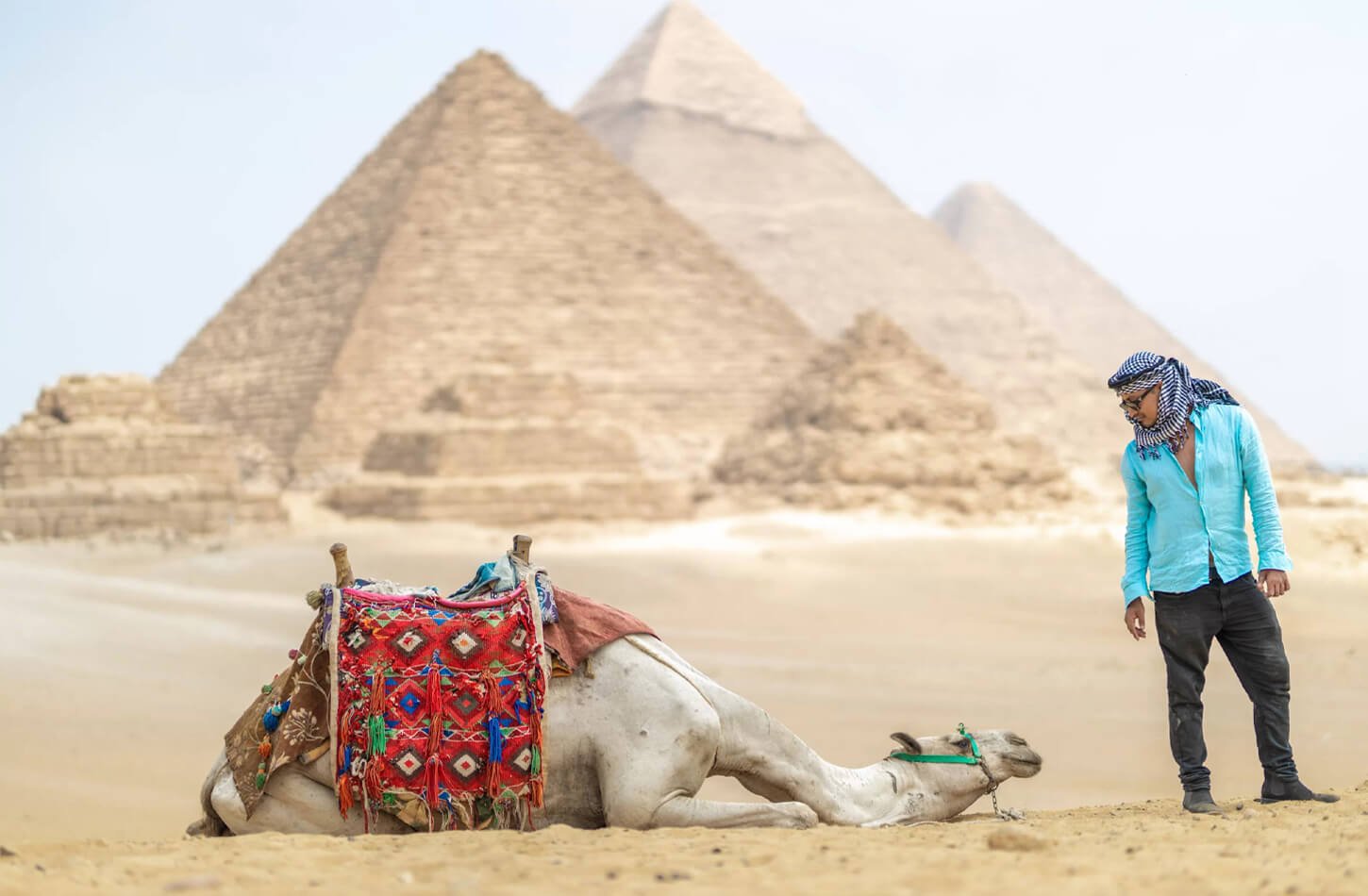
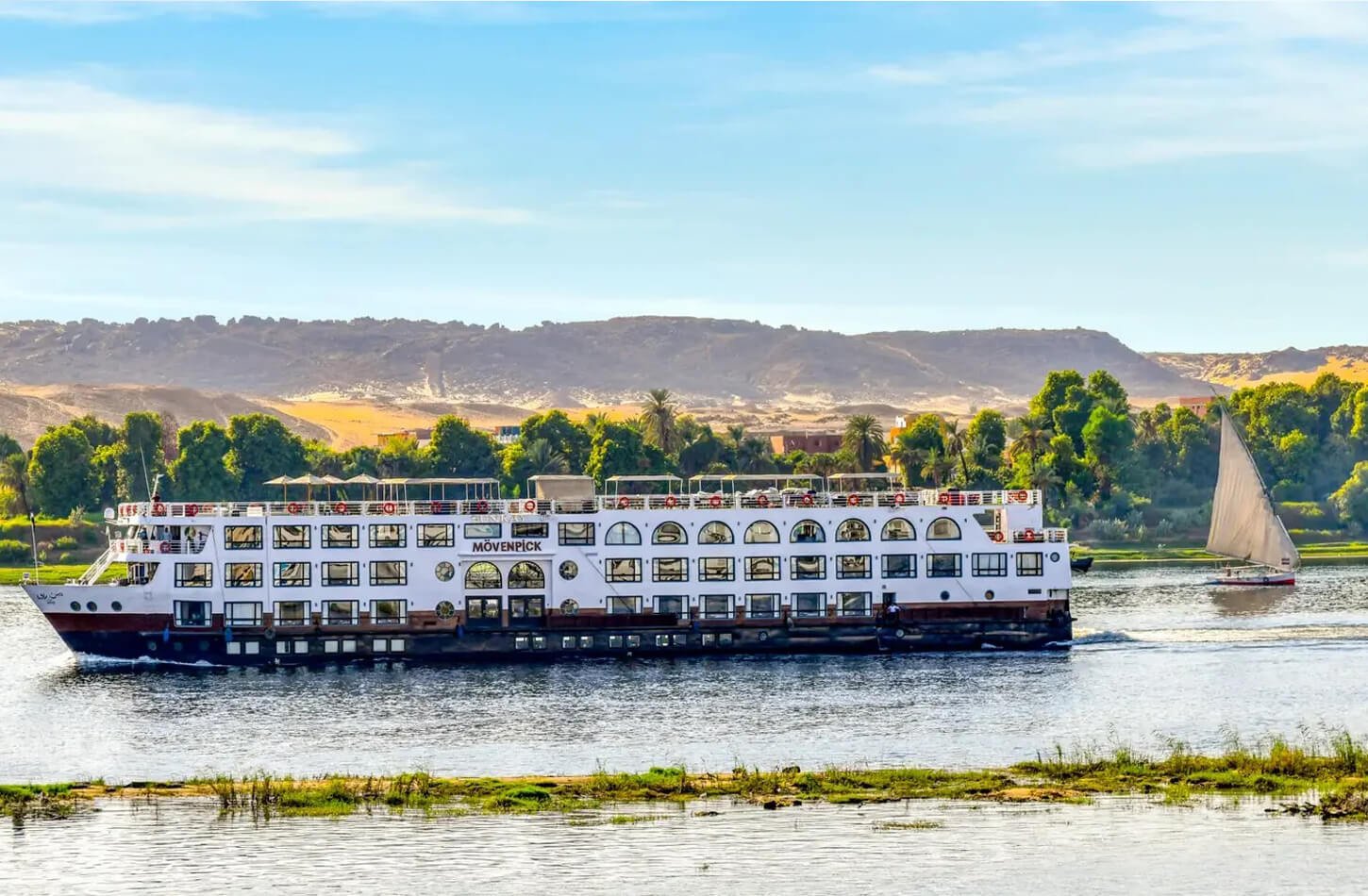
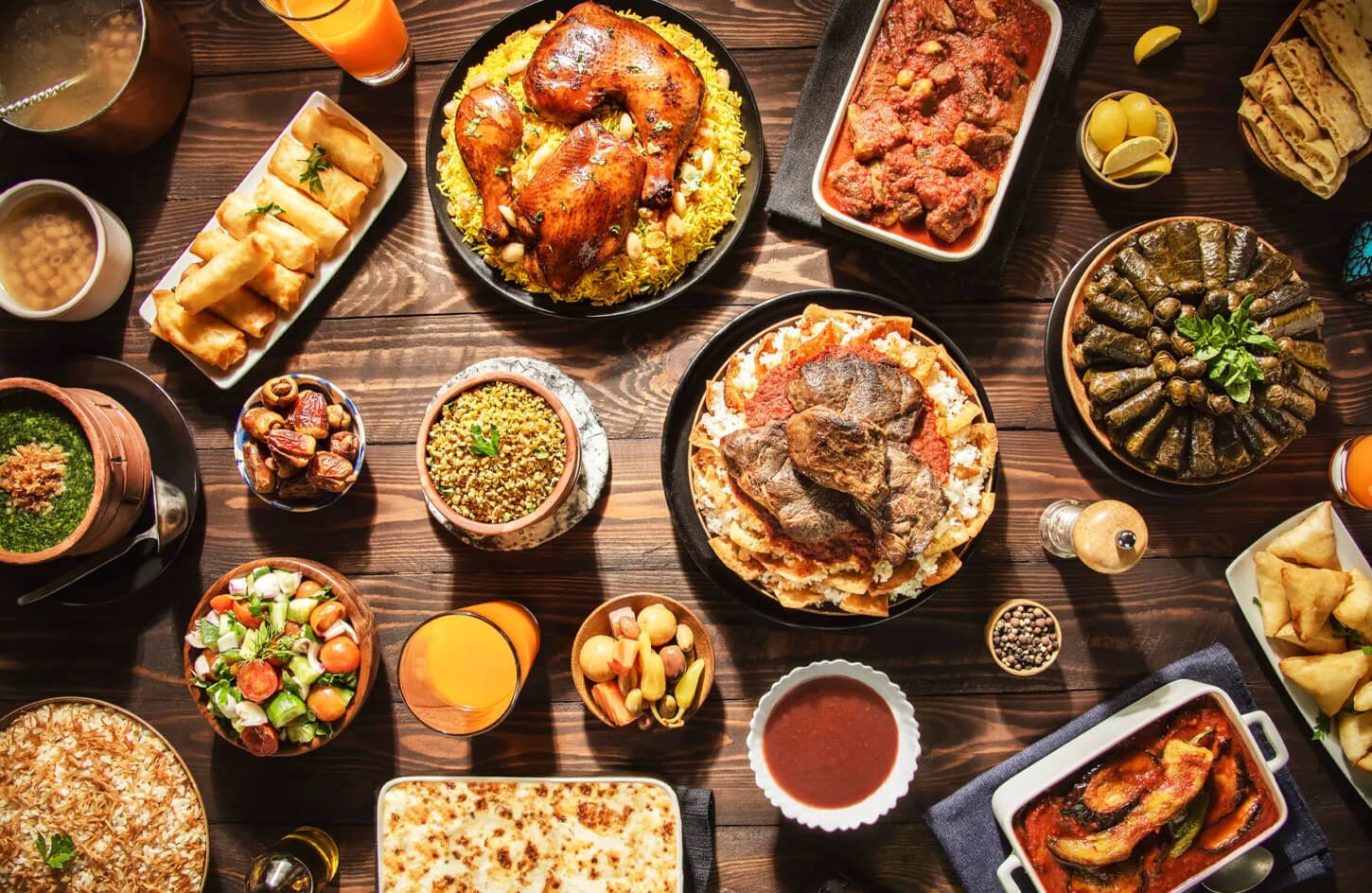
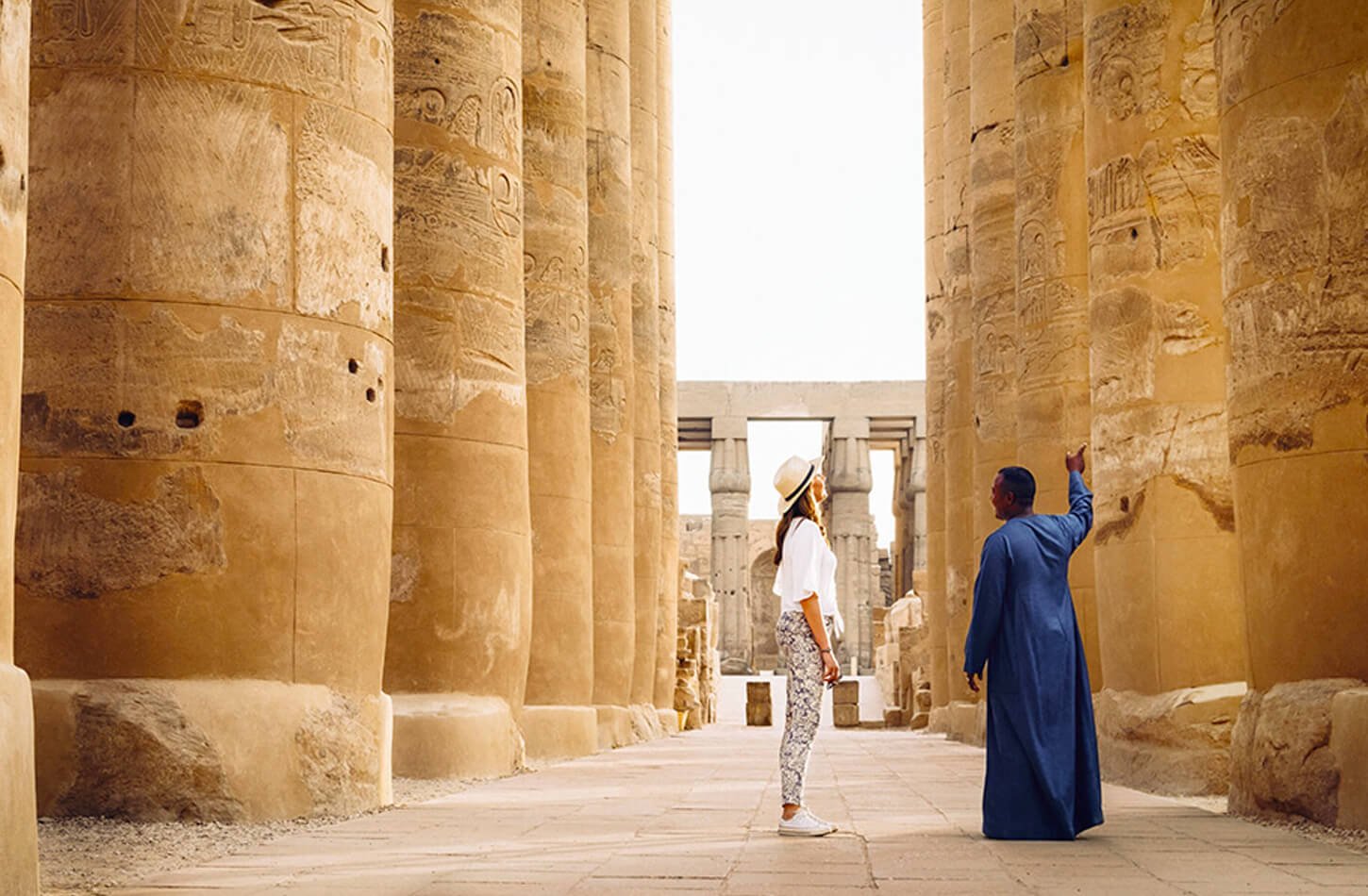
Don't just get there, get there in style.
Information
Follow Us
Payment channels
